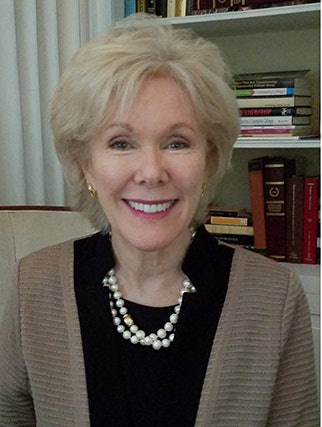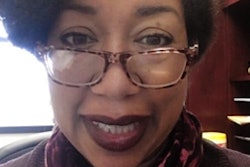Leaders recognize that their responsibilities include motivating followers — to galvanize them toward a common goal. They recognize that, by elevating and mobilizing others, they will be better positioned to achieve a shared vision.
During a recent Summer Leadership Institute, two residing community college presidents — serving as learning facilitators — urged Community College Leadership Program (CCLP) doctoral students to consider the following statements adapted from Carol Dweck's Growth Mindset: the power our beliefs have on our lives; the power we have to control our beliefs; resilience as a product of mindset; the impact our lives have on others.
False rumors, antagonistic diatribe, social media and nightly news often fan political and social tensions. These, in turn, intensify polarization and partisanship, byproducts that perpetuate religious intolerance, gender inequality and racial hostility. Adding fuel to this tension, the COVID-19 pandemic has exacerbated feelings of futility and isolation. It has aggravated unrelenting uncertainties and chronic stress stemming from housing and food insecurities. Further, it has contributed to a tremendous lack of connectedness; how we communicate and engage with friends, family and colleagues has dramatically changed.
 Dr. Margaretta B. Mathis
Dr. Margaretta B. Mathis
The cacophony plays out on a daily basis. Meetings with planned outcomes in mind are often disrupted by the dissonance and distress that must be addressed when one’s colleagues, friends and/or family members have been struck by COVID or other life forces.
Among these tragedies and uncertainties, leaders are called upon to cultivate core values (e.g., integrity, diversity, belief in others, growth mindset, resilience, accountability) and help constituents navigate toward rational and responsible transformation — transformation that fosters a culture of leadership, continuous learning, respectful conversation, supportive connections, agility and creativity. As put by John E. Roueche, M. Melissa Richardson, Phillip W. Neal and Suanne D. Roueche in The Creative Community College: Leading Change Through Innovation: “Creative leaders transform mindsets, attitudes, and cultures to welcome change … (They) know that relationships between those within the college are most crucial to student success.”
Meaningful, positive connections infuse the needed ingredient to overcome the worst social evils such as poverty, crime and drug use; they transcend race, ethnic background or family structure. Transformational leaders encourage and model honest, courageous communication, glean from diverse perspectives, nurture involvement, are informed by data and frequently evaluate progress and direction.






















